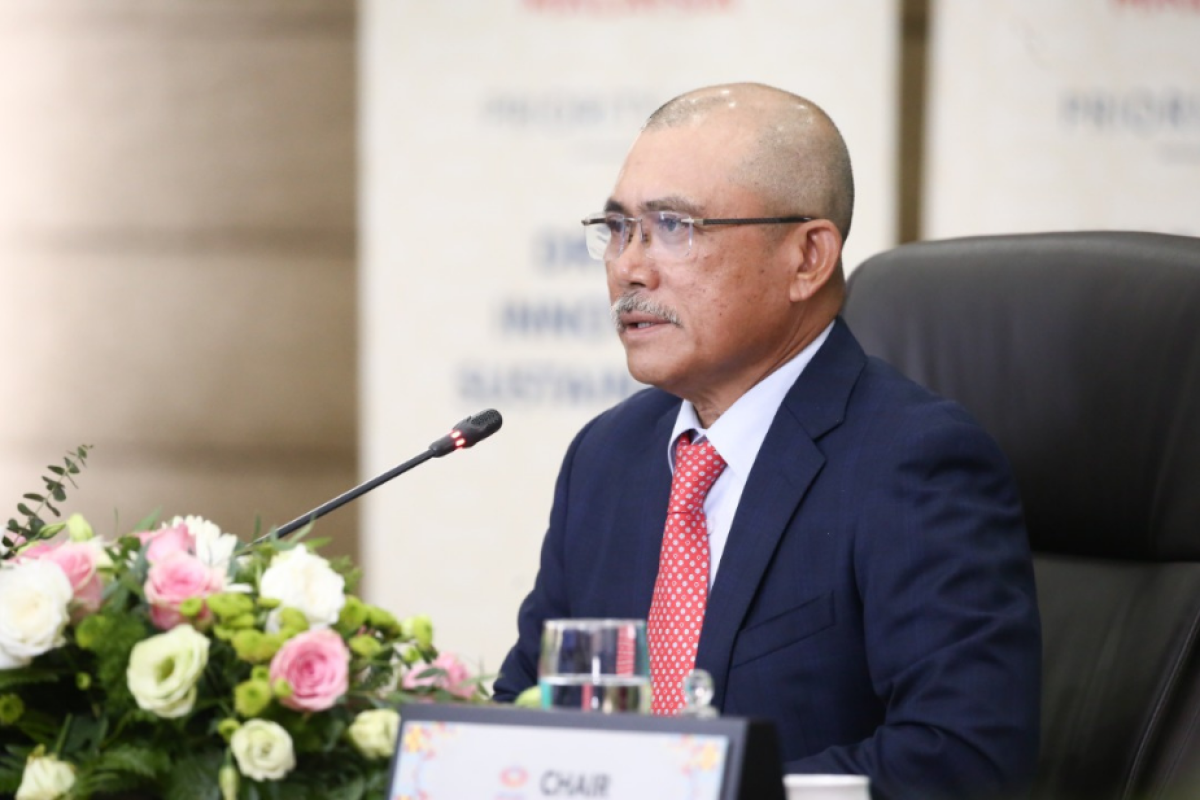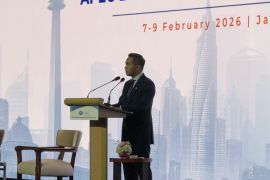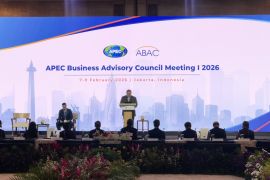It is of utmost importance for APEC members to work together to enable the flow of essential goods, including agriculture and food products, across borders and to enhance our collective resilience to food supply disruptionsJakarta (ANTARA) - Agriculture and food ministers and senior representatives from APEC’s 21 member economies have pressed for stronger cooperation and open and predictable trade regimes to ensure global food systems remain accessible, innovative, reliable, resilient, accessible, and sustainable.
"It is of utmost importance for APEC members to work together to enable the flow of essential goods, including agriculture and food products, across borders and to enhance our collective resilience to food supply disruptions," said Ronald Kiandee, Minister of Agriculture and Food Industries for Malaysia, the host of APEC 2020.
The COVID-19 pandemic has caused major disruptions to the production of several food products, particularly those that require intensive use of labour, such as meat processing facilities and fruit and vegetable packing plants, the APEC Secretariat noted, citing a recent report by the APEC Policy Support Unit, in a written statement received here on Thursday.
"The role of APEC as an international forum is to intensify cooperation and formulate coordinated response to help us prevent a health crisis from becoming a food crisis," said the APEC Secretariat’s executive director, Rebecca Sta Maria.
"Members can consider specific areas, including avoiding unnecessary export bans and restrictions, lowering import tariffs, and other quantitative import restrictions on food products, as well as pursuing initiatives, to maintain connectivity and avoid supply chain disruptions," she added.
At the virtual Ministerial Policy Dialogue on Food Security, APEC ministers committed to intensify collaboration in relevant areas, especially food standards and safety assurance, connectivity, productivity, capacity building, and reducing barriers to food trade.
Minister Ronald Kiandee urged member economies to adopt an inclusive approach to food security to ensure that vulnerable groups are not left behind during these challenging times.
APEC Ministers also acknowledged that the risk of the current pandemic is far greater for women and vulnerable groups, and urged economies to focus efforts on building resilience to be better prepared to respond to future pandemics and other shocks.
"We need to have a sustainability mindset where we meet food security demands without compromising the well-being and ability of the future generation to fulfill their needs, as well as safeguarding natural resources," Kiandee explained.
He added that members need to address disruptions to employment and income sources.
The growing adoption of technology in the agriculture sector, such as smart farming and biotechnology, can improve food security by increasing efficiency and productivity, bridging production and consumers’ demands, and minimizing food loss and waste, he noted.
At the meeting, APEC economic members were encouraged to invest in training and capacity building to equip farmers and producers with the necessary digital skills.
APEC Ministers also endorsed a joint statement, outlining their commitment to bolster food security resiliency and efforts to prevent future pandemics.
Related news: Malaysia announces first virtual APEC 2020 Leaders' Meeting
Related news: APEC small businesses need to go digital to survive: Malaysia
Related news: APEC should enhance resilience in food systems: Report
Reporter: Yuni Arisandy Sinaga
Editor: Sri Haryati
Copyright © ANTARA 2020












